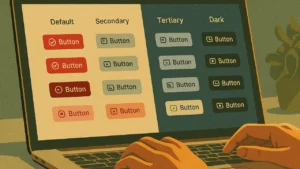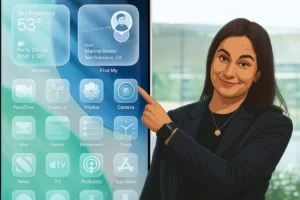Can Applying Physics Theory to Basketball Give Teams An Edge? Expert Opinion On The Science
A team of physicists at Cornell University think they are onto something that will change the game of basketball forever. Led by graduate student Jaron Barron, the team has been working on a revolutionary approach to the game by applying density-functional fluctuation theory (DFFT), a physics theory. Their data model shows that this strategy could lead to teams scoring up to 15 more points per game.
In simple terms, DFFT analyzes fluctuations caused by events that bring entities together or separate them within a group. This has been used previously to predict the behavior of crowds and fruit fly clusters in response to environmental changes. Now, Barron and his team are using this theory to break down the spatial interactions of basketball players on the court.
To develop their model, the researchers analyzed player metrics and data from an undisclosed NBA team. Using stop-motion cameras, they were able to capture the movements and positions of players on the court with incredible precision. By applying physics equations, researchers were able to project the most efficient positioning for individual players, sometimes moving them just inches to guarantee better scoring outcomes.
Given the recent findings by Barron and his team, does the key to unlocking a team’s full potential on the basketball court lie in the power of physics and not in physical skill, strategic play or arena? Is this theory something new that can revolutionize the game and give teams the edge in March Madness 2023? Tod Caflisch, Sports Technology Services Consultant, TechFoundry LLC gives his insight on this theory and what it means for the future of basketball. Tod is a sports technology leader with years of sports and entertainment technical expertise.
Tod’s Thoughts:
The new physics theory being popularized now with March Madness with team wins being attributed to analytics. Sorry to say it’s actually not new. We were using similar data analytic technology over 10 years ago with the NBA teams that I worked for.
Basically you take video analytic data and you drive heat maps that show specifically where individual players strengths and weaknesses are. Who likes to drive left, right? Who defends best left right, passing, that type of thing, where people tend to spend most of their time on the court. Knowing that kind of data, you can actually then build your rotations or we did with the teams that I worked for. We actually built our rosters with role players to either score against specific teams or players, or even more specifically, defend against specific teams and players, players mostly that we would run up against either in big games or in the playoffs most likely. The may be new for the college ranks and has been popularized and is now getting a lot of attention because of March madness. But the pros, the NBA, has been using this type of technology for many years now, very successfully.








